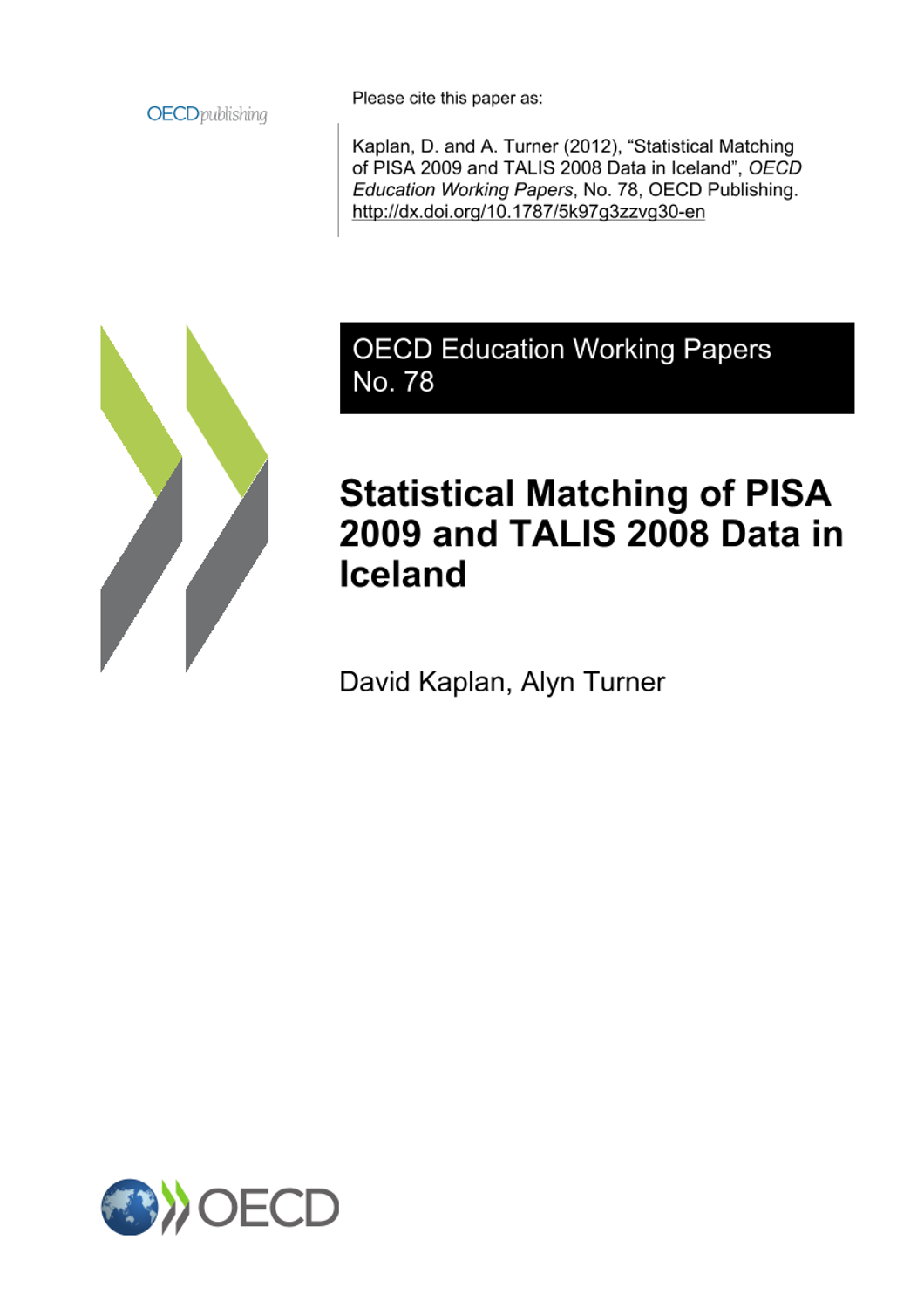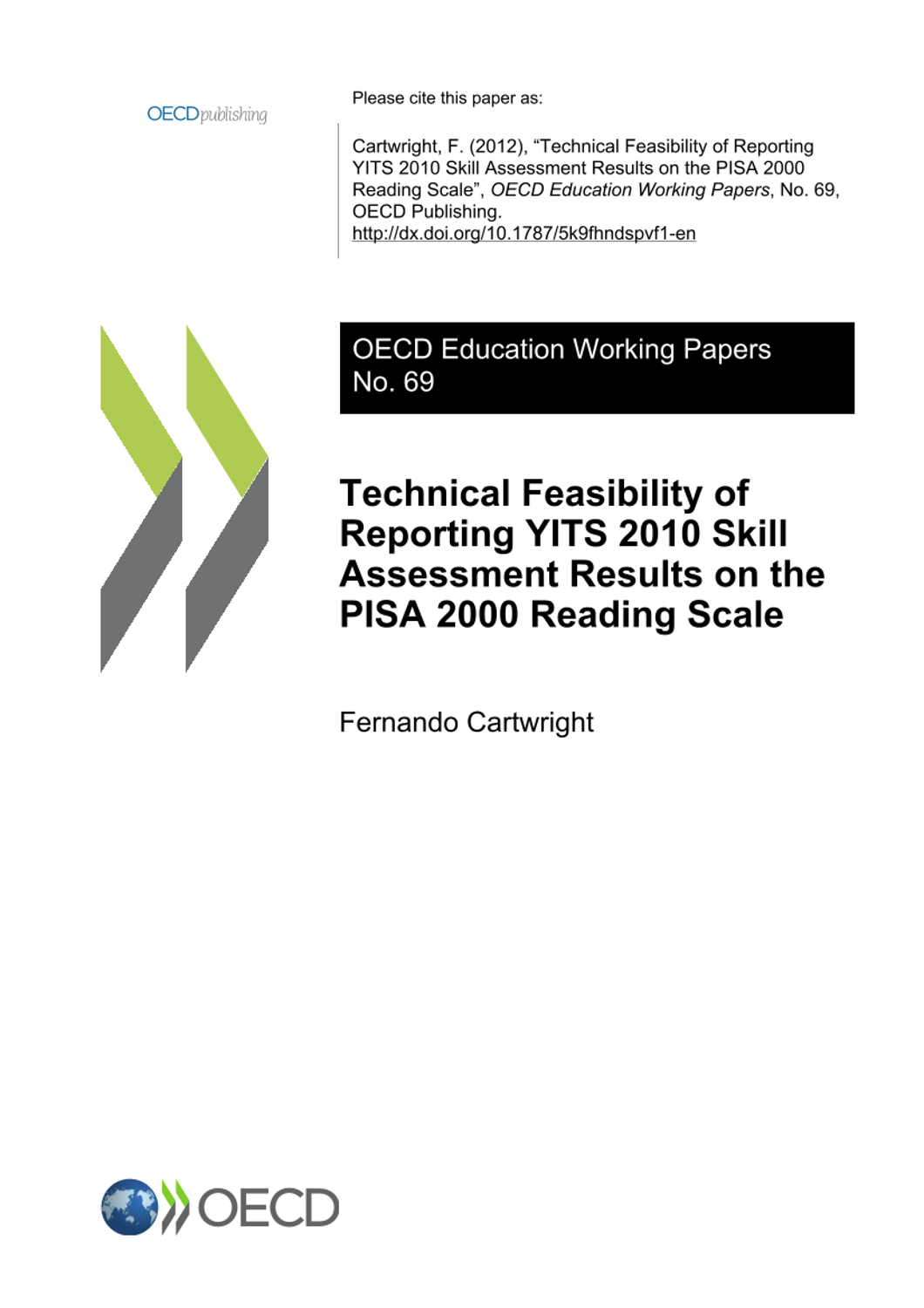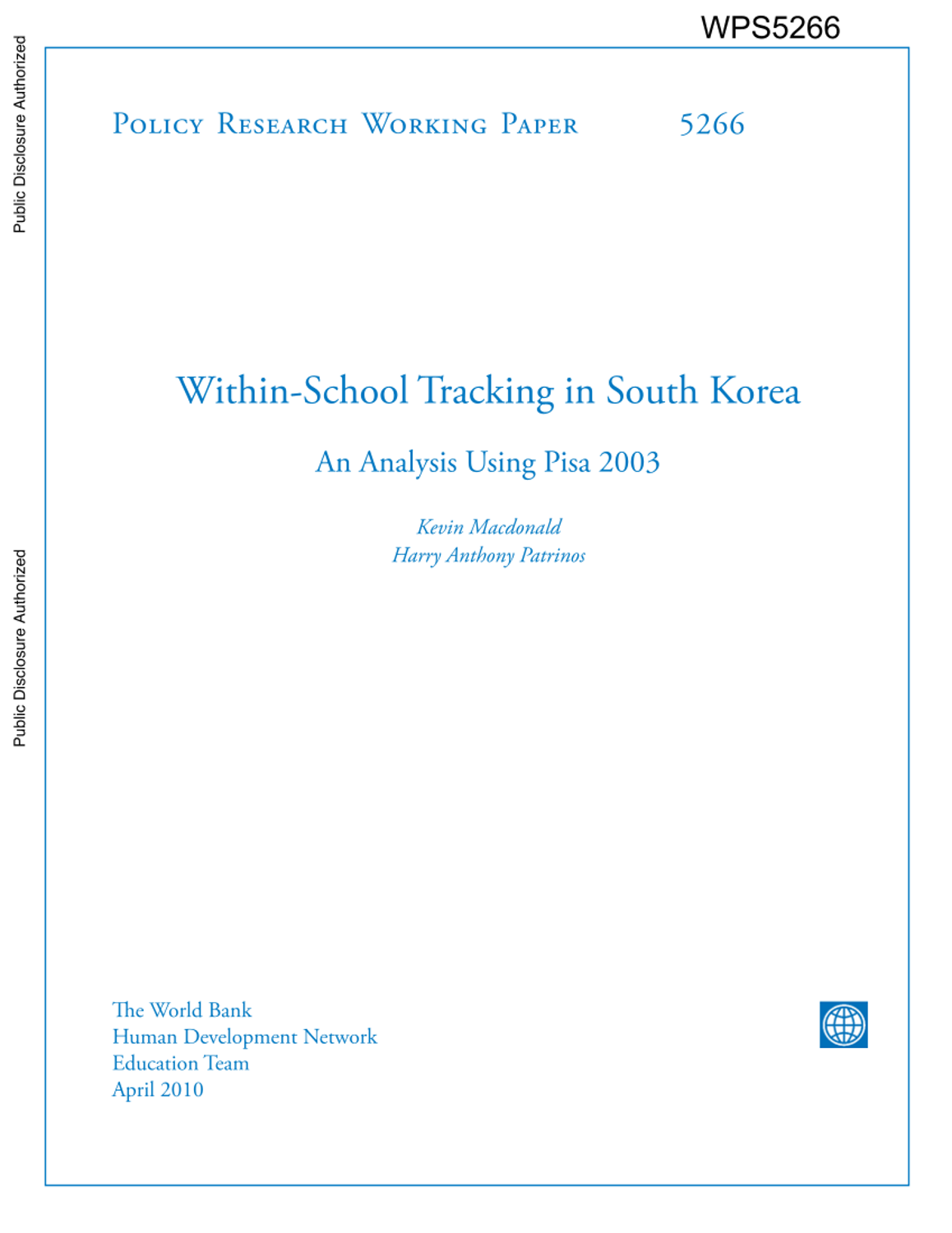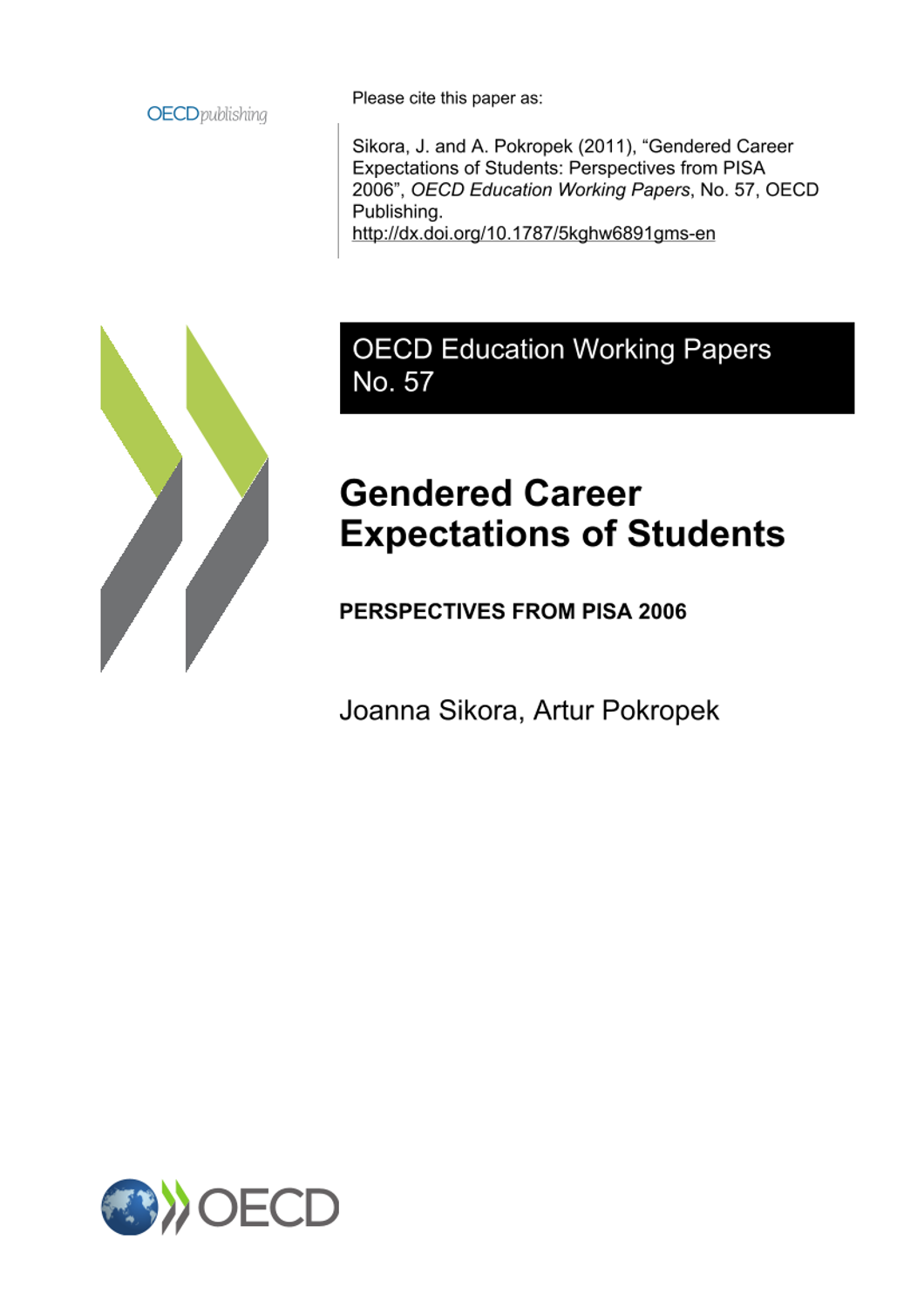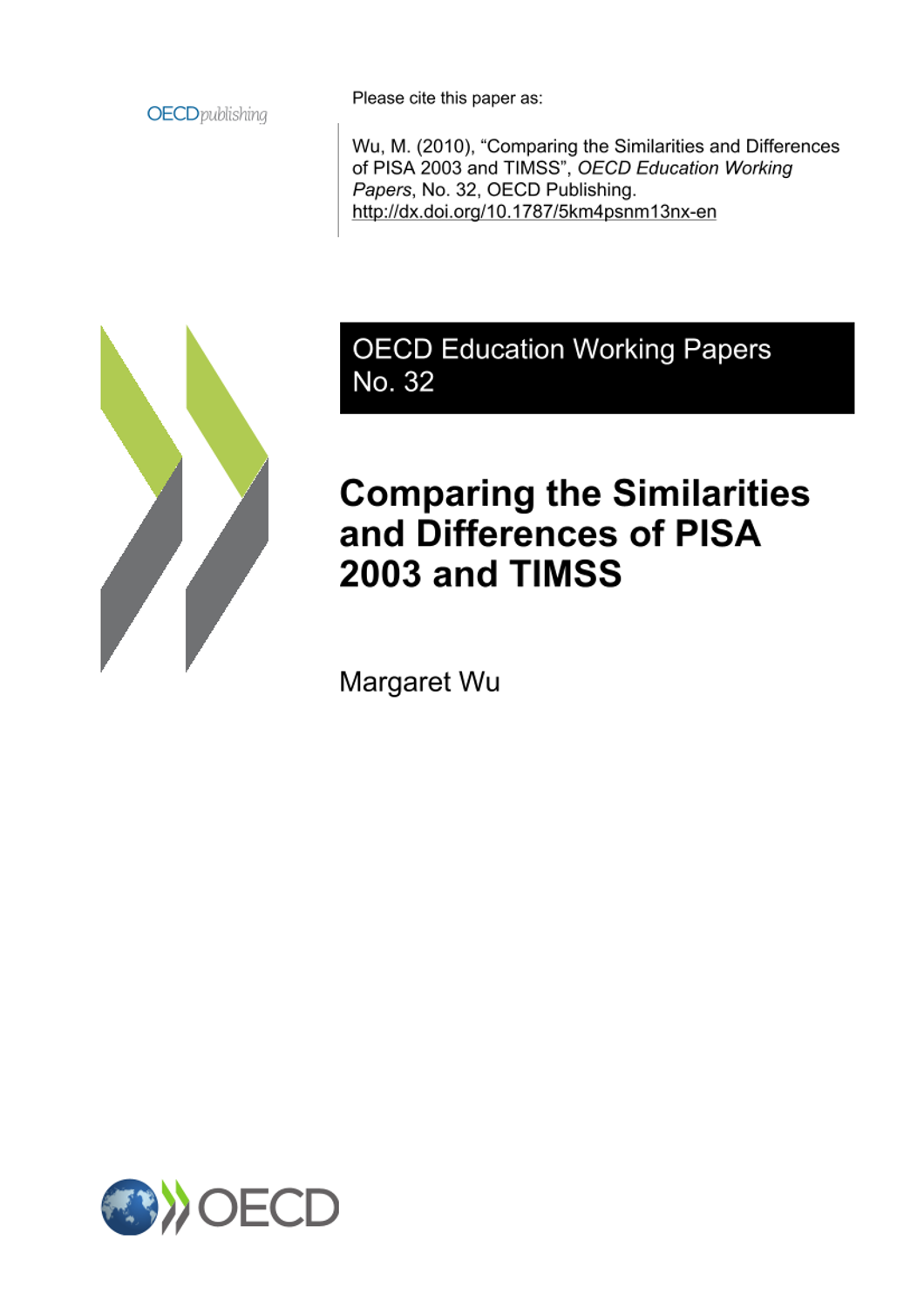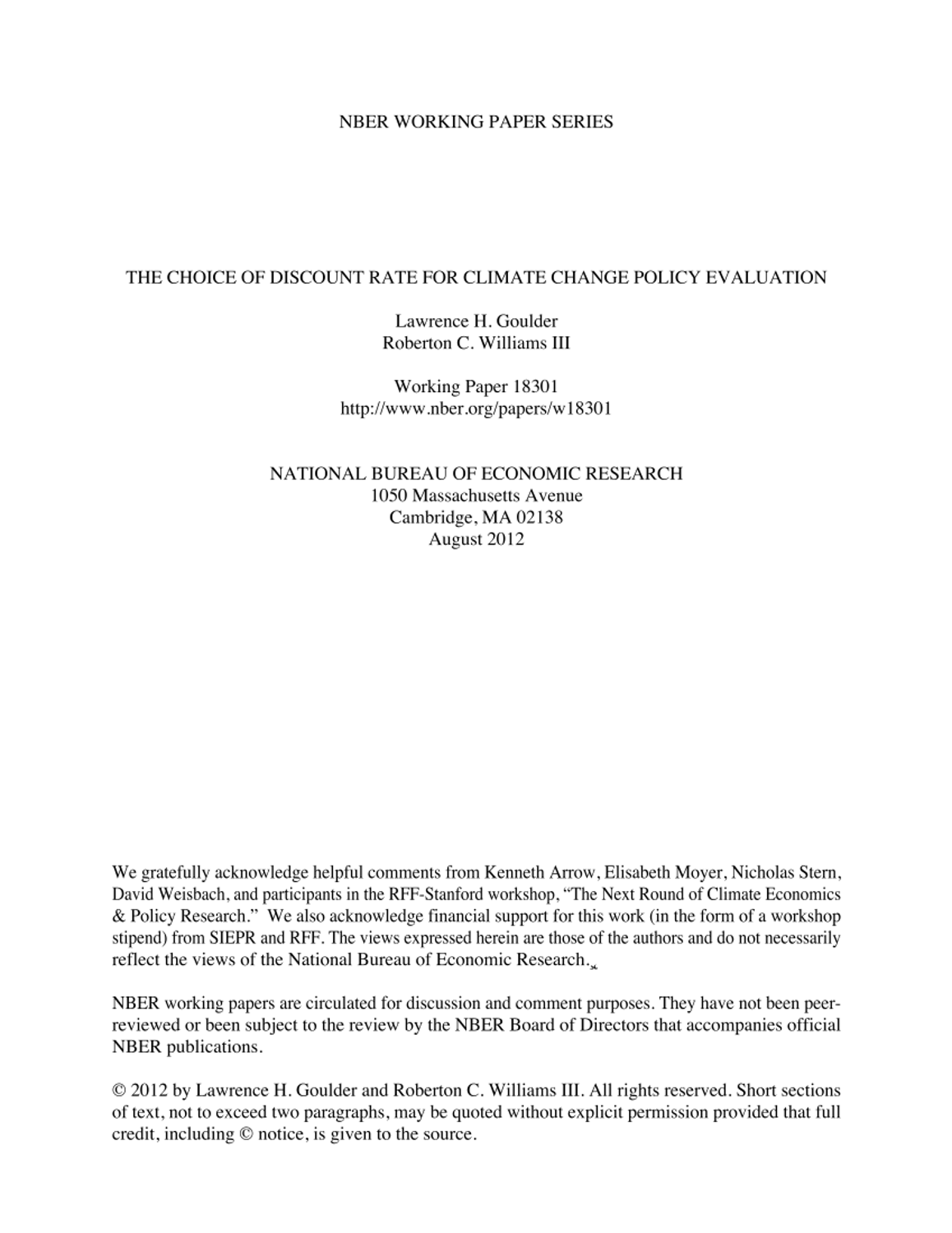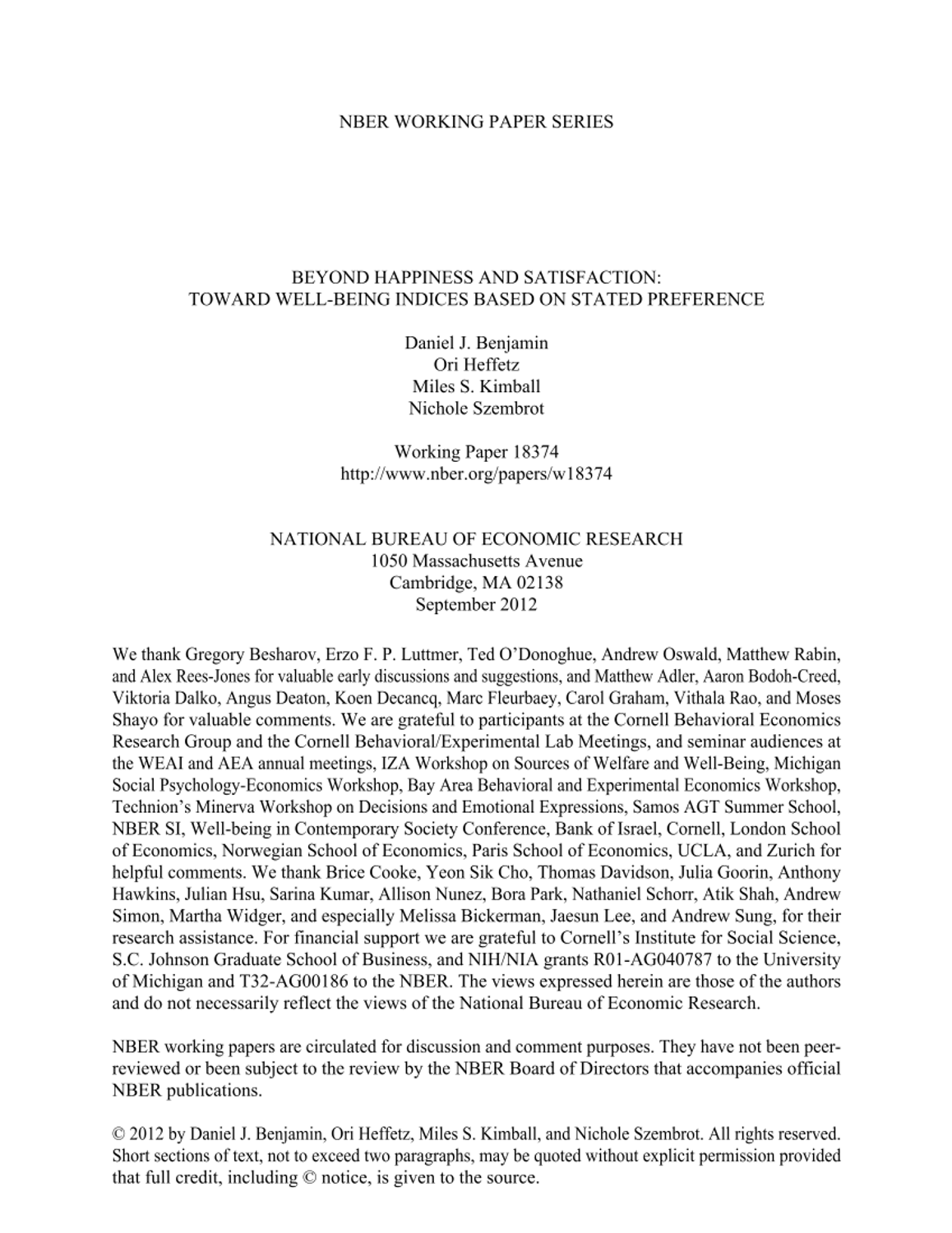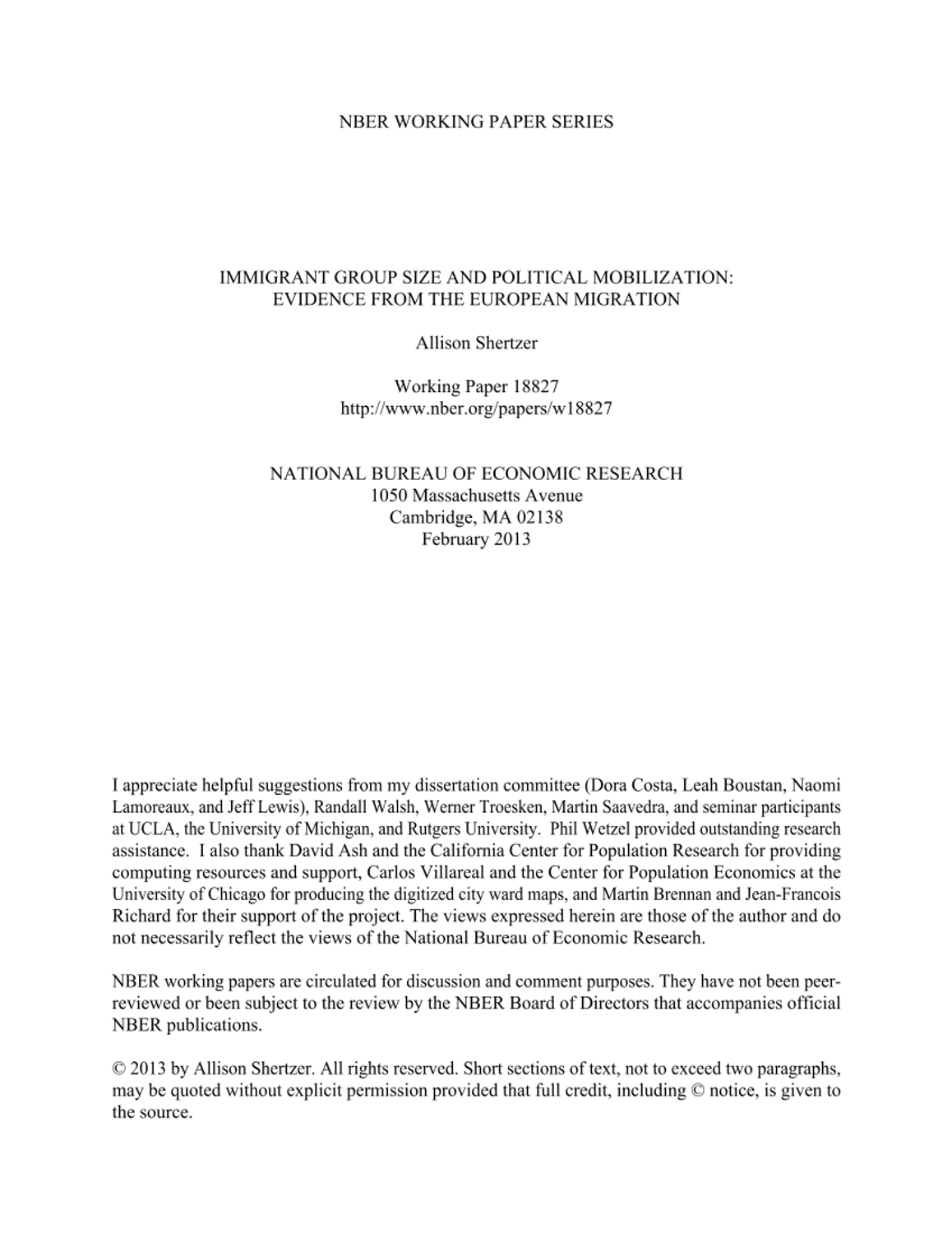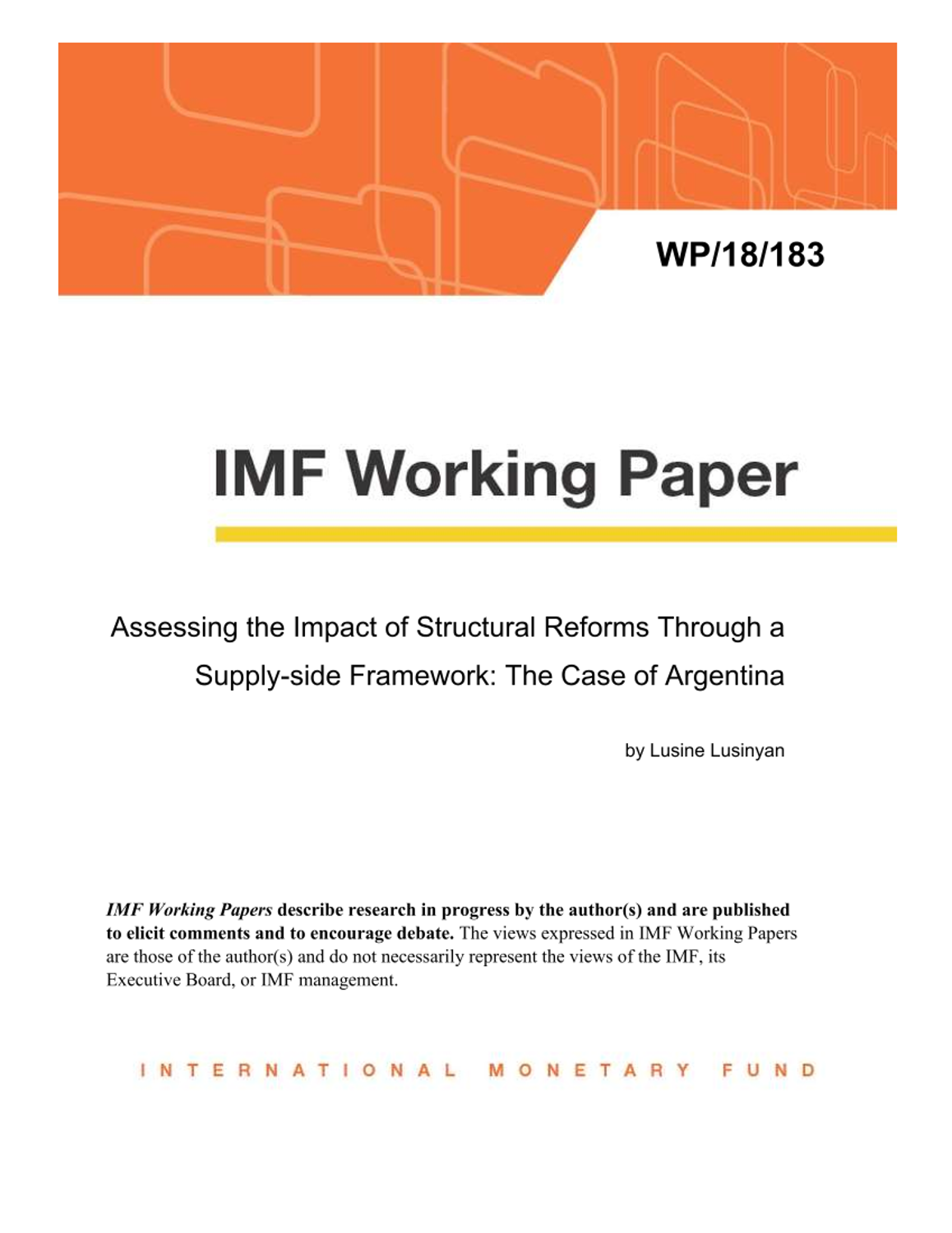연구보고서OECD Education Working Papers 78
Statistical matching of PISA 2009 and TALIS 2008 data in Iceland
- 청구기호
- WP 78
- 발행사항
- France : OECD, 2012
- 형태사항
- 35 p. :. PDF file ;. 915 KB
- 바로가기
소장정보
| 위치 | 등록번호 | 청구기호 / 출력 | 상태 | 반납예정일 |
|---|---|---|---|---|
이용 가능 (1) | ||||
| E0001582 | 대출가능 | - | ||
이용 가능 (1)
- 등록번호
- E0001582
- 상태/반납예정일
- 대출가능
- -
- 위치/청구기호(출력)
책 소개
The OECD Program for International Student Assessment (PISA) and the OECD Teaching and Learning International Survey (TALIS) constitute two of the largest ongoing international student and teacher surveys presently underway. Data generated from these surveys offer researchers and policy-makers opportunities to identify particular educational institutional arrangements – that is, how aspects of educational systems are organised to promote equality of educational opportunity both within and between countries. Naturally, policy makers are interested in all three levels of the school system – students, teachers, and schools, in order to fully understand within and between country differences in relations between the inputs, processes, and outcomes of education. A serious limitation of these data collection efforts is that each survey is missing an important component of the educational system in their design – namely, PISA is missing teacher-level data and TALIS is missing student-level data. This limitation can be partly addressed by statistically linking both surveys. This involves the creation of a synthetic cohort of data – that is, a new data file that combines information from both surveys. This paper presents a systematic evaluation of a set of statistical matching methods focused on the goal of creating a synthetic file of PISA 2009 and TALIS 2008 data for Iceland. We evaluate the extent to which each method provides a matched data set that maintains the essential properties of PISA and TALIS, concentrating on a set of validity criteria established by Rässler (2002). The experimental study provides a proof of concept that statistically matching PISA and TALIS is feasible for countries that wish to draw on the added value of both surveys for research and policy analysis.

